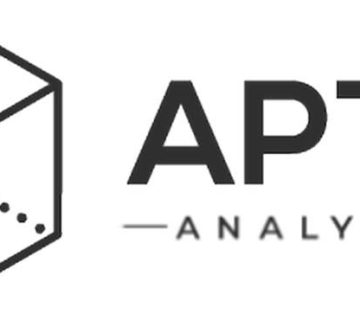The Commodity Futures Trading Commission (CFTC) has filed a civil enforcement action against Francier Obando Pinillo, a pastor from Pasco, Washington, accusing him of running a fraudulent cryptocurrency Ponzi scheme worth at least $5.9 million.
The complaint names Pinillo and his associated businesses, Solanofi, Solano Partners Ltd., and Solano Capital Investments, collectively known as the Solanofi entities, as the defendants.
Details of The Lawsuit
According to a December 10 release from the CFTC, Pinillo targeted at least 1,515 individuals in the United States, including members of his Spanish-speaking congregation. The complaint alleges that he misused his position as a trusted church pastor to promote his deceptive scheme.
He claimed to be the CEO of Solanofi, an automated trading platform that offered risk-free profits through high-performance trading of crypto assets. Pinillo falsely advertised guaranteed monthly returns of up to 34.9% and assured participants that the platform was secure and reliable.
The pastor gave participants access to an online dashboard showing fake account balances and profits to make the scheme appear legitimate. He also encouraged customers to involve friends and family by offering a 15% referral fee for recruiting new people.
However, the document states that there was no trading platform, no trades occurred, and no profits were generated. Instead, Pinillo allegedly misappropriated all funds provided by customers.
The lawsuit further claims that the accused failed to disclose critical information when seeking clients. Among the omissions, he did not inform customers that the Solanofi entities were shams, the trading platform was non-existent, and the online account statements were falsified.
Additionally, he used the funds from new participants to pay earlier ones in what the CFTC described as a classic Ponzi scheme.
Restitution and Similar Cases
Following the enforcement action, the regulator is seeking restitution for defrauded participants, the return of misappropriated funds, civil monetary penalties, trading bans, and a permanent injunction to prevent further violations of the Commodity Exchange A
Go to Source to See Full Article
Author: Wayne Jones







